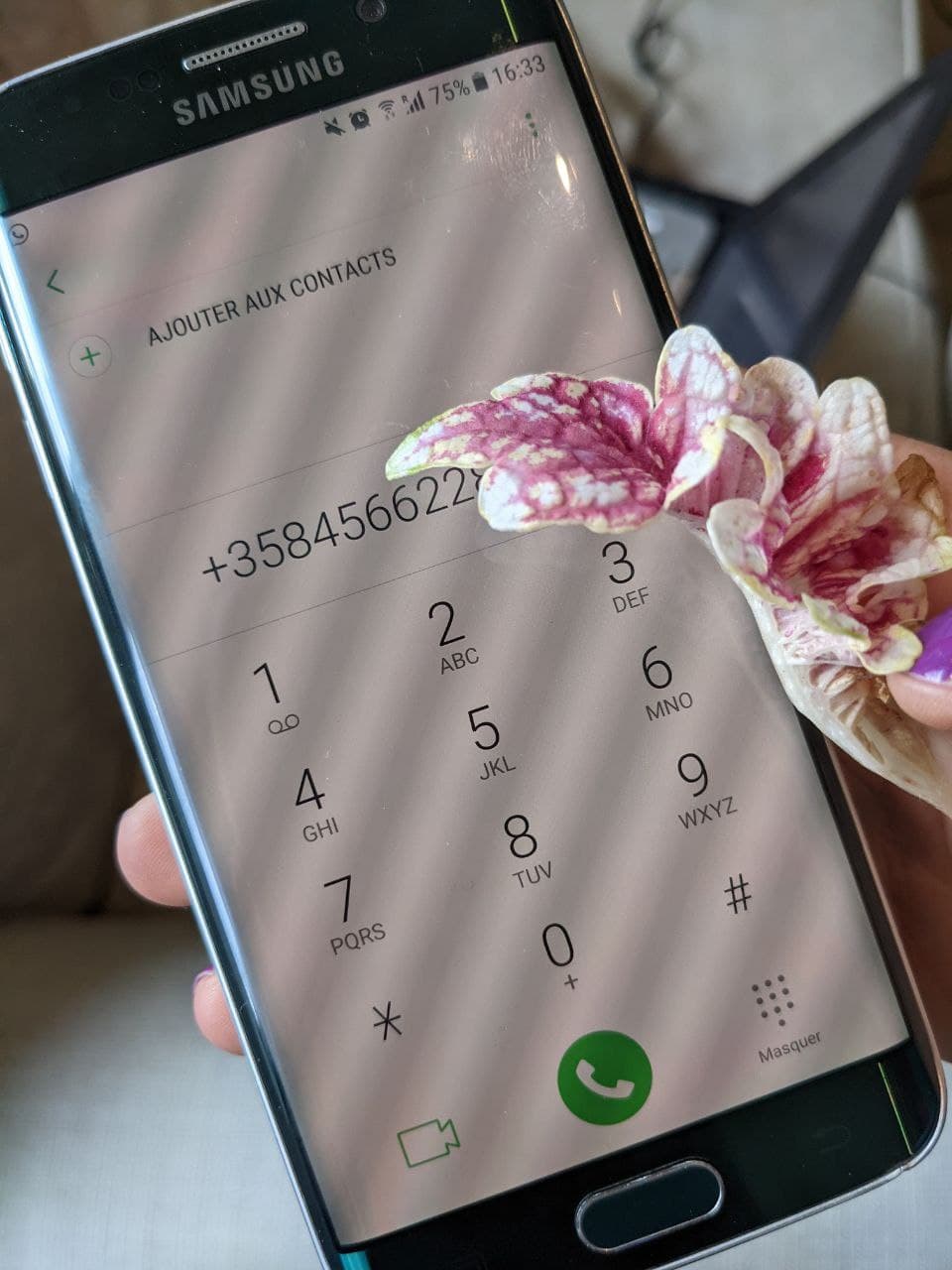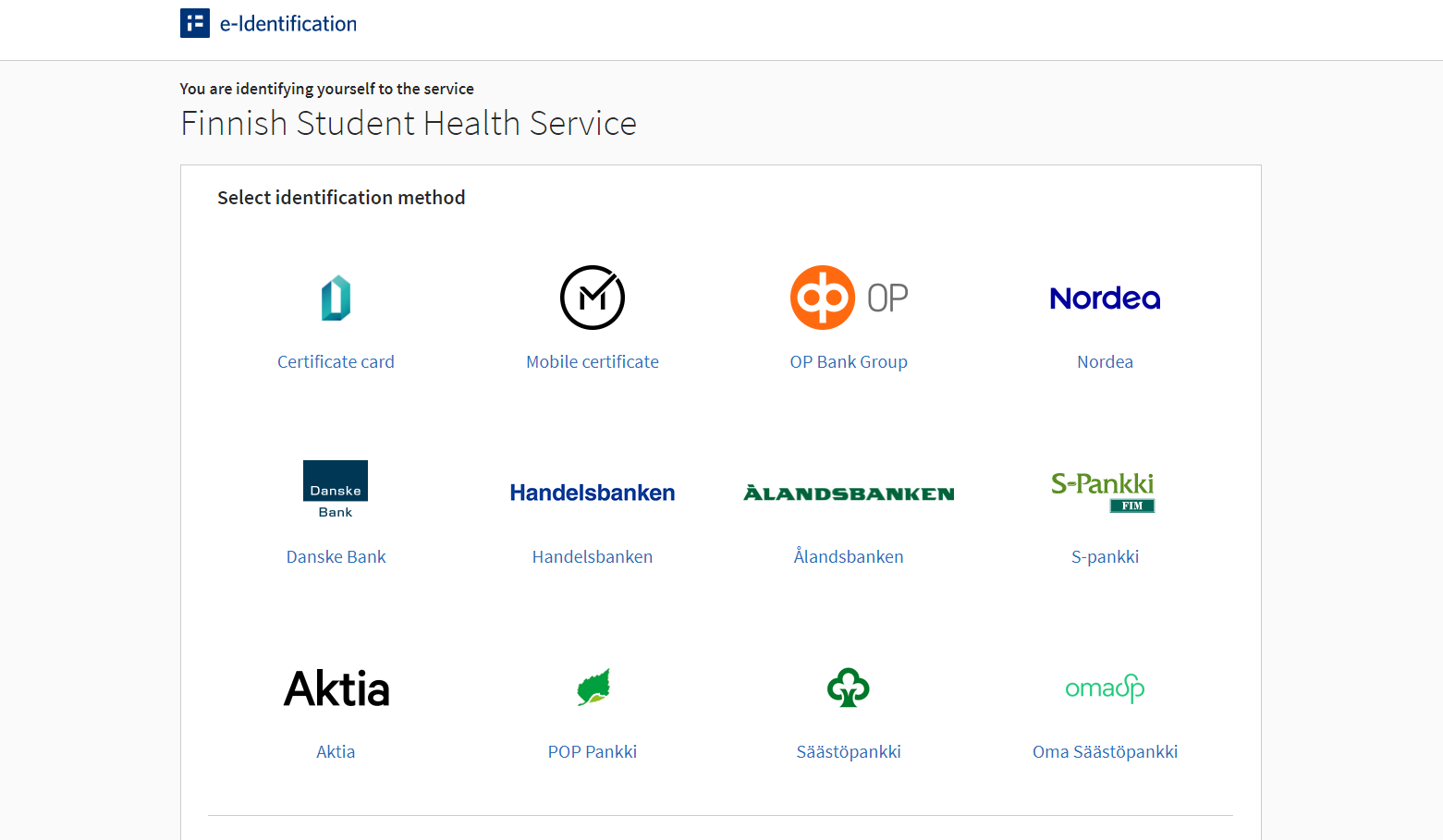Get a Finnish phone number
In times of WhatsApp, Telegram & co, this might not strike you as particularly important. Like myself, you might even feel strangely attached to your current phone number. However, having lived here for a while now, I can tell you that having a Finnish SIM makes many small things easier.
I’ve noticed this mostly in two situations: one is whenever I had to make phone calls to receive customer service, e.g. from my internet provider. The charges listed on service websites usually apply to calls from Finnish numbers and can be higher when calling from a foreign number.

As for the other situation, some services are simply not available without a Finnish phone number. E.g. when I got an app to use the employee benefit connected to my part-time job, a Finnish phone number was required to even create my account.
A Finnish bank account and banking credentials
For most of my stay here, I refused to open a Finnish bank account. As I have an account in another EU country, I never needed a Finnish one for any kind of shopping. But in Finland, many online services require you to prove your identity – and this is most commonly done via the online banking credentials of one’s Finnish bank account.
Online authentication is needed, e.g., to conveniently book medical appointments, to top up money on certain apps or to access one’s tax information (needed for any sort of employment). In some cases, you can achieve your goal in alternative ways, but it might require calling and waiting in a phone queue, present your ID in person at some office, or be otherwise more time-consuming.

Although people from outside the EU/EEA area need to get a Finnish ID before getting access to the online authentication function these days, all my friends confirmed that having Finnish online bank credentials is worth the extra cost.
How about insurance?
In addition to the life hacks above which will make your stay in Finland simpler, having proper insurance might make a real difference in your life. Luckily, I myself have been spared from any major incidents, but friends of mine have had to make use of their extra insurance here.
Home insurance (recommended also by TOAS) is one, as well as additional health insurance. The Student Health Service typically covers non-urgent treatment, while public health care should also cover urgencies – yet, for specialist care and expensive medication, other foreign students have recommended to get extra health insurance.
I hope these tips will come in handy!
– Tatjana






